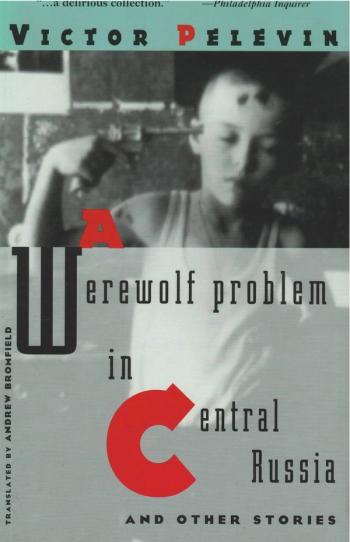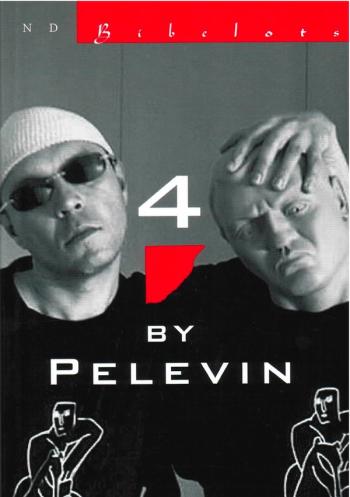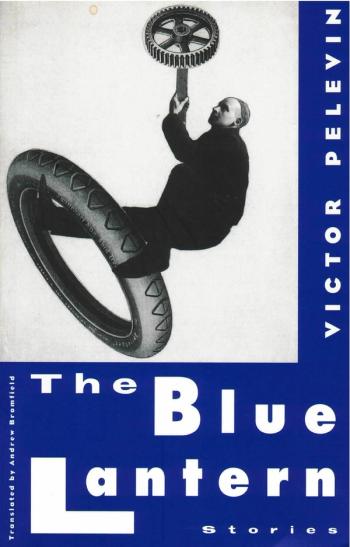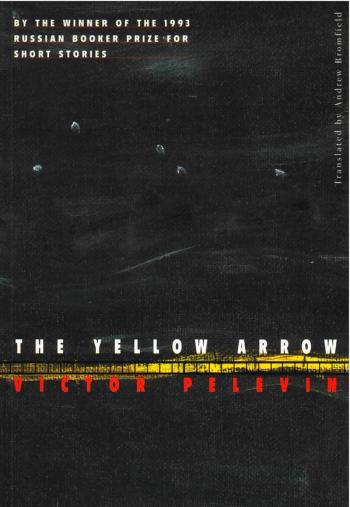In a recent New York Times Magazine feature article, Victor Pelevin was cited as “almost alone among his generation of Russian novelists in speaking with a voice authentically his own, and in trying to write about Russian life in its current idiom.” Since the publication of this collection of stories, The Blue Lantern, Pelevin’s books have been translated into many languages, and Pelevin himself has been touted as a major world writer. The Blue Lantern, winner of the Russian Little Booker Prize, gathers eight of his very best stories. Various, delightful, and uncategorizable, the stories are highly addictive. Pelevin here, as in The Yellow Arrow (New Directions, 1996), Omon Ra (ND, 1997), and A Werewolf Problem in Central Russia (ND, 1998), pays great attention to the meaning of life, in earnest and as spoof. In the title story, kids in a Pioneer camp tell terrifying bedtime stories; in “Hermit and Six-Toes,” two chickens are obsessed with the nature of the universe as viewed from their poultry plant; the Young Communist League activists of “Mid-Game” change their sex to become hard-currency prostitutes; and “The Life and Adventures of Shed #XII” is the story of a storage hut whose dream is to become a bicycle.






